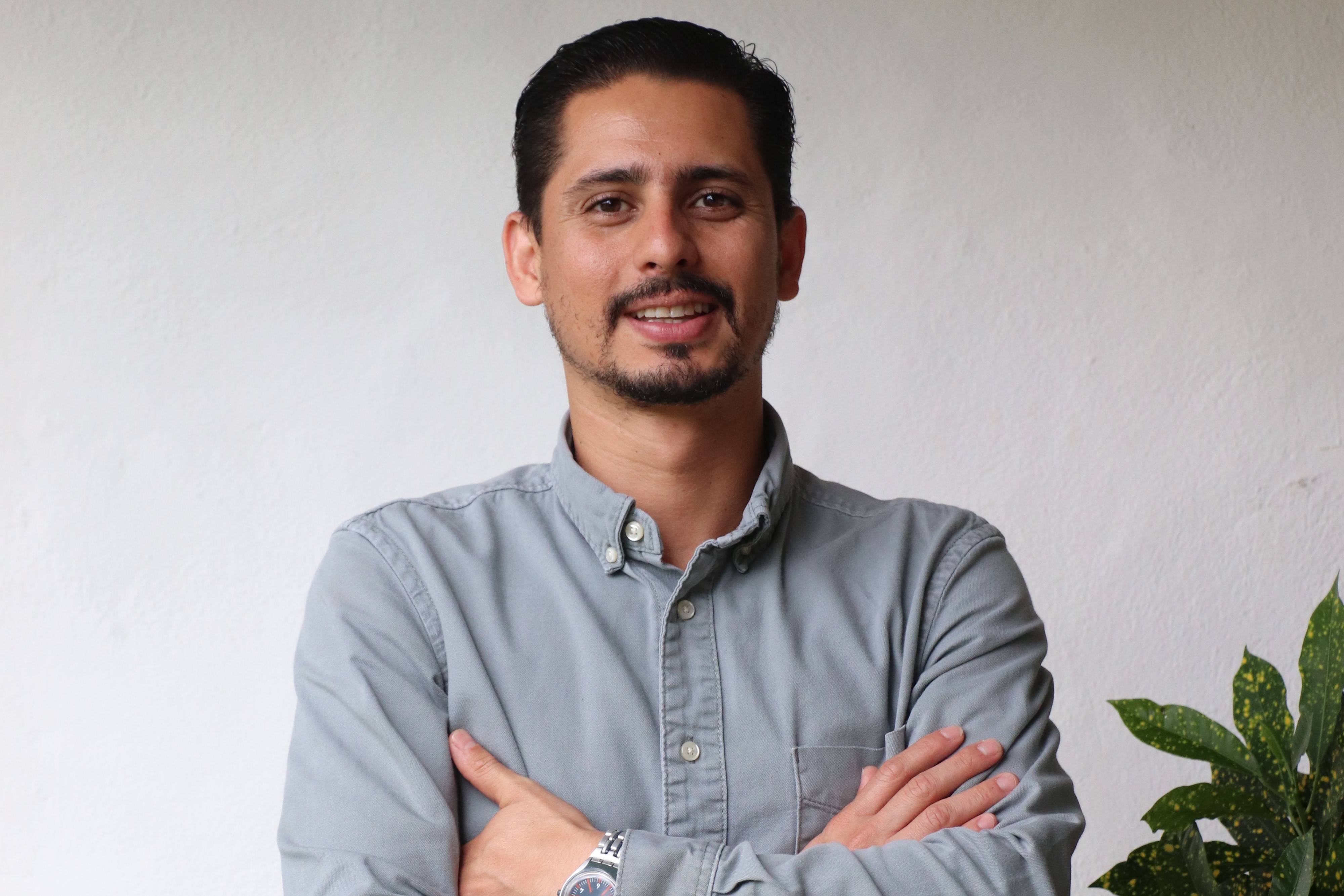While caught up in a perfect storm, Costa Rica’s coffee sector may have a strong card up its sleeve: EUDR compliance
When the twin evils of drought and frost hit Brazilian coffee farmers in 2022, international coffee prices skyrocketed. Far from creating a window of opportunity for smaller neighbours, the exchange rate pushed up production costs for many. Shortly after, the outbreak of war in Ukraine increased the price of fertiliser and pesticides, which coincided with Costa Rica producing the smallest harvest in 40 years.
“We are really going through a period of crisis in the national coffee sector. There are a combination of factors that have become, as we say, the perfect storm for coffee in Costa Rica,” says Guillermo Trejos Soto.
He is wearing two hats: As a president of Costa Rica’s Coffee Institute, ICAFE, he represents Costa Rica’s coffee sector. And as the head of the coffee cooperative, Coopelibertad, he is also leading 1200 farmers and one of Costa Rica’s most important exporters to the EU market.
While current challenges are certainly plentiful, Guillermo Trejos Soto believes the welfare of the members of Coopelibertad is more important than temporary profit margins.

“Our raison d'être as an organisation is to improve the quality of life of the producing families. So, we really don't measure our impact by a profit and loss, but rather how much we are supporting the improvement of the quality of life of the producing families,” says Guillermo Trejos Soto, and continues:
"In many occasions a coffee producer is only measured by the quantity or quality of their beans. We measure them by the quality of life they have. So that is the impact that the organisation is looking for. Obviously, we are united by the coffee business, so we try to make it as profitable as possible."
Guillermo Trejos Soto
President of the Coffee Institute of Costa Rica (ICafe)
Preferred by Nature's framework has played a valuable role in assisting CoopeLibertad's preparation for EUDR, says it's leader, Guillermo Trejos Soto.
Quality at a cost
With a landmass not much bigger than Switzerland, Costa Rica is unable to compete with the volumes produced by larger coffee nations such as Brazil. Instead, the Central American country has focused on high-end coffee production, offering favourable conditions, including credits, subsidies and other incentives for smallholders.
According to Guillermo Trejos Soto, the quality comes with higher production costs, however, including elevating factors such as the social and environmental commitments offered by the Costa Rican coffee sector unlike many of its competitors.
With higher production costs and a guarantee that a minimum of 78% of FOB export price - the price of goods at the frontier of the exporting country - is reaching the producer's pocket, the market price for Costa Rican coffee will of course be higher than coffee from countries with less protection of farmers and lower quality.
“The clients don't understand this, and often they see it as whimsical, as an excess of confidence or abuse in the commercial relationship. Maybe we haven't managed to teach them that for us to continue producing this standard of coffee, we need that level of price," said Guillermo Trejos Soto.
Impacts
- Cooperatives like Coopelibertad work for the interest of their small holders members, giving them more bargaining power on markets.
- They often offer credit lines, training and other advantages usually not available to smaller producers.
- Cooperatives can also help members get access to sustainable certification, which would otherwise be too costly for individual farmers.
- Cooperatives have both social and environmental impacts.
Deforestation-free pioneer
As new regulation is coming into force, Coopelibertad’s clients may have to improve their understanding of the Costa Rican coffee prices: By the end of 2024, the EU Deforestation Regulation (EUDR) will require importers and larger businesses to provide full traceability and due diligence in their product supply chains. Requirements that the Costa Rican coffee sector is uniquely equipped for, says Guillermo Trejos Soto.
“This shift towards a demand for deforestation-free coffee, I believe, favours Costa Rica. The market will now look for products that are not only sustainable and environmentally friendly, but also responsible in terms of deforestation. In this, I believe Costa Rica is one of the pioneer countries worldwide,“ said Guillermo Trejos Soto.
To ensure compliance with EUDR, Coopelibertad has applied Preferred by Nature’s Sustainability Framework. Dubbed ‘A Swiss Army Knife for Sustainable Certification,’ it is highly adaptable and allows producers and businesses to add the EUDR-requirements on top of existing certification schemes, or it can be used as a comprehensive, stand alone certification scheme.
Meanwhile, Costa Rica is well prepared, as data collection and traceability is already part of the system. Farmers even have access to an app with which they can provide geolocation data required by the EU, according to Guillermo Trejos Soto.
“We already have a quota of deforestation-free coffee, available to be exported at this moment to a client in Europe. At this moment, we are in a position to generate exports meeting the criteria of the regulation, and we hope that it allows us to generate a market opportunity," said Guillermo Trejos Soto.
Costa Rica coffee facts
- 1% of world coffee production
- Over 70 percent of Costa Rican coffee is grown in mountainous regions, which have highly varied altitudes. The soil is enriched by volcanic ash, which oxygenates the beans, giving them richer flavours.
- In Costa Rica, there are around 50,000 individually owned coffee farms, 90% of which are on less than five hectares (13 acres) of land.
- Primary coffee variety: Arabica
Source: Yale Climate Connections



